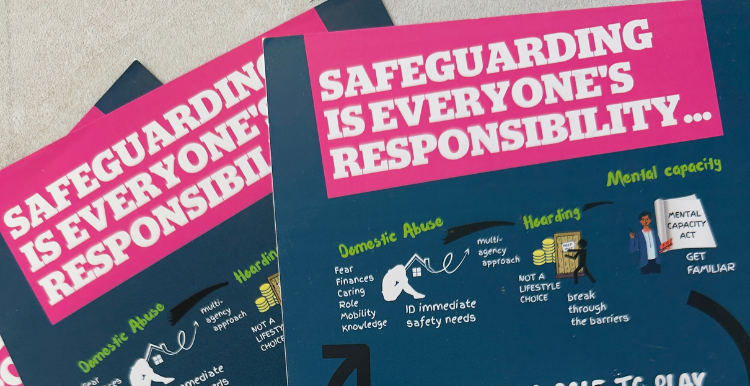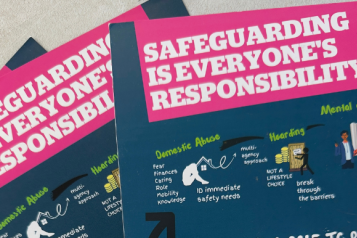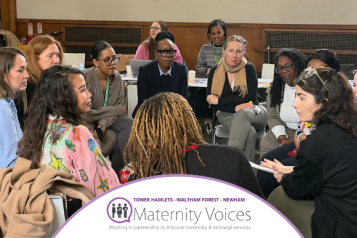Community Safeguarding – What Does It Mean for Communities?
Background and Initial Inquiry
In 2021, Healthwatch Newham began investigating whether safeguarding referrals accurately reflected Newham’s diverse population, with particular attention to potential over-representation of Black and Asian residents in Safeguarding Adult Reviews. This led to an extensive community engagement programme, gathering insights from residents and local organisations about safeguarding and their experiences with adult social care staff. The feedback helped shape recommendations reported to the Safeguarding Adults Board (SAB) and the Health and Wellbeing Board.
Mystery Shopping and Process Review
In 2022, following the community engagement, a mystery shopping exercise tested residents’ experiences when contacting the local authority through publicly available numbers. At the same time, community organisations raised concerns about safeguarding referrals that were not progressing. It was found that some enquiries did not meet the necessary care and support thresholds, which explained why many cases were not taken forward. In response, the Council reviewed safeguarding processes and introduced new protocols to ensure that everyone raising concerns would receive feedback on the outcomes.

Safeguarding Data and the ‘Does It Look Like Newham?’ (DILLN) Tool
Data from 2022-23 confirmed that safeguarding referrals did not fully reflect the borough’s diversity. To understand and address this, a quality improvement project was launched as part of Newham’s ‘50 Steps to a Healthier Newham’ initiative. The project introduced the DILLN tool, designed to compare safeguarding data against the demographic profile of the borough. Key findings included:
- An over-representation of older white adults, especially white women
- An over-representation of Black Caribbean referrals, particularly among 20-29 year olds
- Under-representation of all South Asian groups
- More frequent safeguarding outcomes in older age groups
The data suggested better understanding and response to needs in older, white populations, but less awareness and support for younger residents, global majority communities, and Eastern European groups.
Safeguarding Adults Review and Community Consultation
The Safeguarding Adults Board commissioned a review of two cases involving young men who tragically died in their thirties. The review focused on understanding the experiences of families with backgrounds similar to those involved, to improve learning and responses in adult safeguarding services. Healthwatch Newham facilitated this community consultation, speaking with 11 families across diverse ethnicities including Black African, Irish, South Asian, and White British backgrounds.
Key issues raised by families included:
- Difficulties with transitions from children’s to adult social care
- Poor communication and lack of compassionate support from social and health services
- Experiences of discrimination
- Long waits for assessments and treatment
- Challenges in raising and getting responses to safeguarding concerns
Personal Stories from our Community Event
Several residents shared powerful stories highlighting ongoing challenges:
- Transition Issues: Families described the distress caused by poor transition arrangements from children’s to adult social care, including lack of communication and support as needs change over time.
- Support from Professionals: Concerns were raised about a lack of compassion and effective support from social care and health professionals, particularly for disabled adults and their families.
- Raising Safeguarding Concerns: Some families recounted difficulties in getting appropriate responses to safeguarding concerns, including delays and unresolved complaints.

Safeguarding Adults Board Strategic Response
The SAB has committed to:
- Strengthening governance for better oversight
- Embedding equity to understand and address disparities in access and outcomes
- Enhancing multi-agency collaboration across the system
- Making safeguarding personal through community engagement and empowerment
While significant improvements have been made, Healthwatch Newham and the SAB recognise the ongoing need to listen to community experiences to ensure safeguarding services are inclusive, responsive, and effective for all residents.

